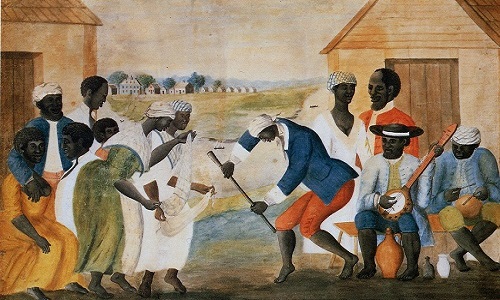7,895 total views, 1 views today
Traditional rulers in Nigeria have been in existence even before colonialisation. Even during the colonial rule, the traditional rulers were still on their thrones although with minimal operations. During this period, they were given the opportunity to rule through indirect rule. By this, the colonial masters will give orders directly to the traditional rulers while the rulers will pass the orders to their followers. After independence, the traditional rulers regained their freedom and their initial positions.
Every city, town, villages, hamlets have its head. What differs is the title attached to them and the presence of a crown. Not all traditional rulers wear the crown; some rulers have no crown while some do. The traditional rulers of hamlets, villages and small towns do not wear a crown. While the rulers of bigger towns, cities and some big villages have their crowns. This does not mean that a crown-less ruler cannot give authority over his people. But, the presence of a crown signifies higher authority and a crowned ruler is higher in authority than a crown-less ruler.
The classification of the traditional rulers depend on the age of the town/cities, the level of the civilization of a place, the wealth and resources available and the presence of a crown. A ruler with a crown is named the King or the “Oba” among the Yoruba ethnic group, “Obi” among the Igbos/Ibo and among the Hausa/Fulani people, they are referred to as the “Emir” while the rulers without a crown are given names like the Baale, Chiefs etc.
The position of a traditional ruler and the coronation of the ruler differ in culture. In Nigeria, kingship or chieftaincy title is inherited through the father’s lineage, that is, it is patrilineal in nature. in some culture, the father directly pass on the title to his son (the heir) while in some, the choice of a ruler is always rotational among the numerous royal families. Kings or chiefs are mostly men but there are few women known as the “Adele Oba” meaning “kings in absentia”. Women become traditional rulers when there is no male heir or when the oracle has not pronounced the next ruler after the demise of a ruler. They are prohibited to get married.
Regardless of the presence of a crown or the classification of a ruler in a place, such a ruler is given the highest respect. Members of the society respect and fear their traditional ruler. They see them as their small gods and also as an intermediary between them and their creator. Total allegiance, obedience and honour is given to the traditional rulers. Political aspirants and leaders also pay homage to the rulers. They believe that anyone a traditional ruler supports will have the hearts of the members of the society/town/city/state and come out victorious. The rulers have diverse roles and responsibilities. Most of the roles carried out by the traditional rulers are done with the assistance of their chiefs and subordinates.
They ensure that there is accurate growth and development in their societies. They do this in cooperation with their chiefs, political rulers, companies’ heads, project supervisors, governmental institutions, private institutions, investors and other people interested in developmental projects. Any projects cannot be done without the support of the traditional ruler of a place.
Any form of disputes that arise from the inhabitants of the society can either be settled by house-heads or members of the society. Those that failed to reach a consensus are brought before the chiefs or the traditional ruler of such society. The judgment given by the ruler is seen as final and his authority cannot be questioned. Traditional rulers maintain peace, order and unity among members of the society.
